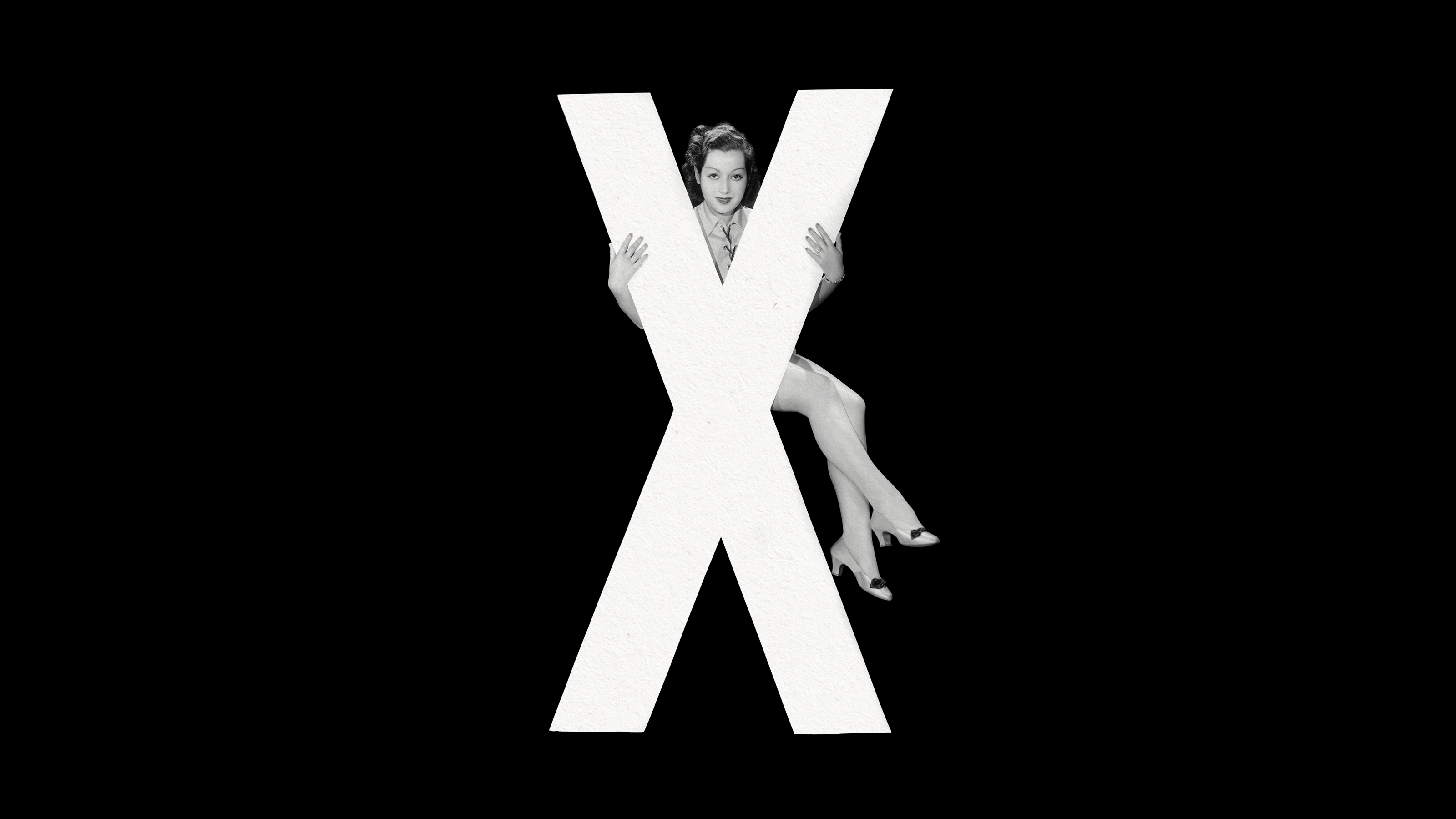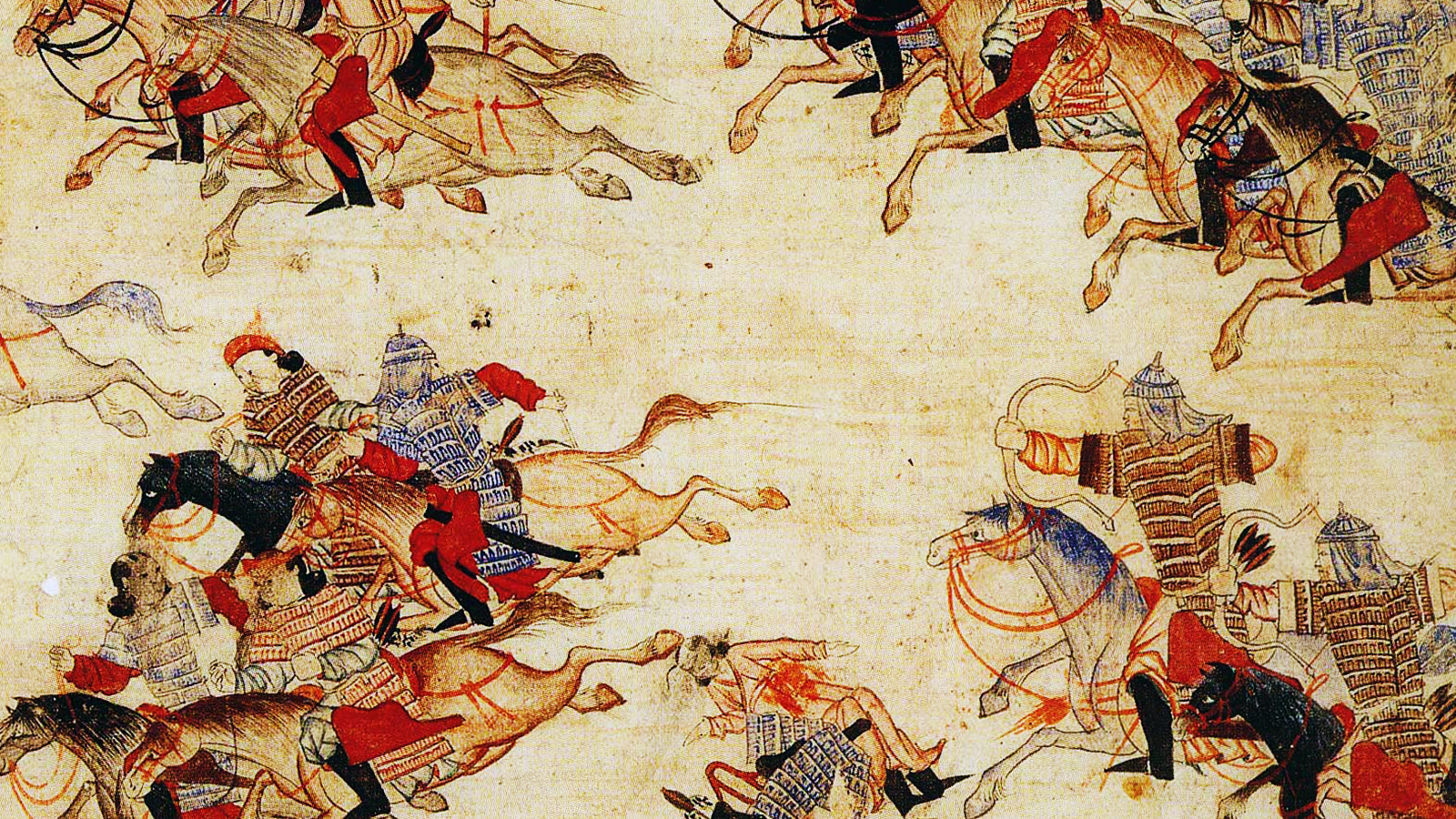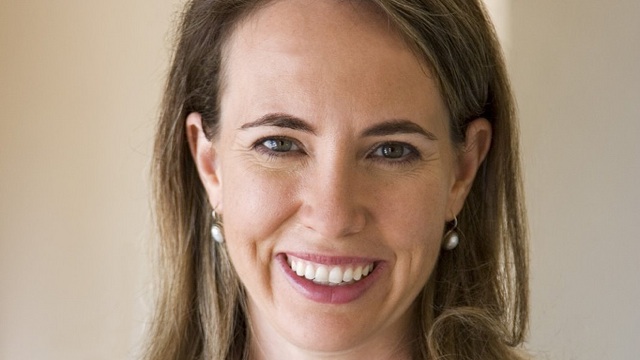The Crescent and the Cross

On New Year’s Day, a bomb exploded outside a Coptic church in the Egyptian city of Alexandria, killing 21 people and injuring 79 more. It was the deadliest terrorist attack in Egypt in nearly 5 years. But it’s not the first time Coptic Christians have been targeted. On Christmas Eve a year ago—the Copts use a different calendar than Western Christians and celebrate Christmas in January—6 Copts were killed in a drive-by shooting as they left a midnight mass in the southern city of Nag Hammadi.
The attack in Alexandria is widely presumed to be the work of Al Qaeda. In November, Al Qaeda in Iraq threatened to target Christians after accusing the Coptic Church of holding against their will two women who had converted to Islam. But the longstanding tension between Egyptian Muslims and Egypt’s sizable Coptic minority—although it is fanned by groups like Al Qaeda that seek to exploit it—is hardly new and has been building in recent years.
At first glance, Islamist attacks on Christians in the Middle East seem like more evidence for the enduring idea—first put forward by Samuel Huntington in 1993—that we are witnessing a “clash of civilizations” between the Western and Islamic worlds. But the Copts—who represent a distinct, non-Western Christian tradition as old as Catholicism—defy easy classification into any broad “civilization.” As I have argued before, part of the problem with the idea of a clash of civilizations is that it is difficult to divide the world neatly into different civilizations. Real conflicts have complex historical origins that don’t necessarily fit with the simple story of clashing cultural identities. And fundamentalist violence in the Middle East is probably as much a product of the failure of Middle Eastern states as it is of any clash of fundamental worldviews.
There is, in any case, another side to tragedy in Alexandria. Amid concerns that there could be more attacks on Christmas Eve this year, thousands of Egyptian Muslims—including President Hosni Mubarak’s two sons—attended Christmas Eve masses to ward off attacks by acting as “human shields.” Egyptians across Facebook changed their profile to the image of a cross within a crescent, an old symbol of religious unity in Egypt. It is a useful reminder that fundamentalists do not speak for everyone and that, in spite of their differences, people with different religious and cultural backgrounds can come together in solidarity. “This is not about us and them,” Dalia Mustafa told Al-Ahram. “We are one. This was an attack on Egypt as a whole, and I am standing with the Copts because the only way things will change in this country is if we come together.”





